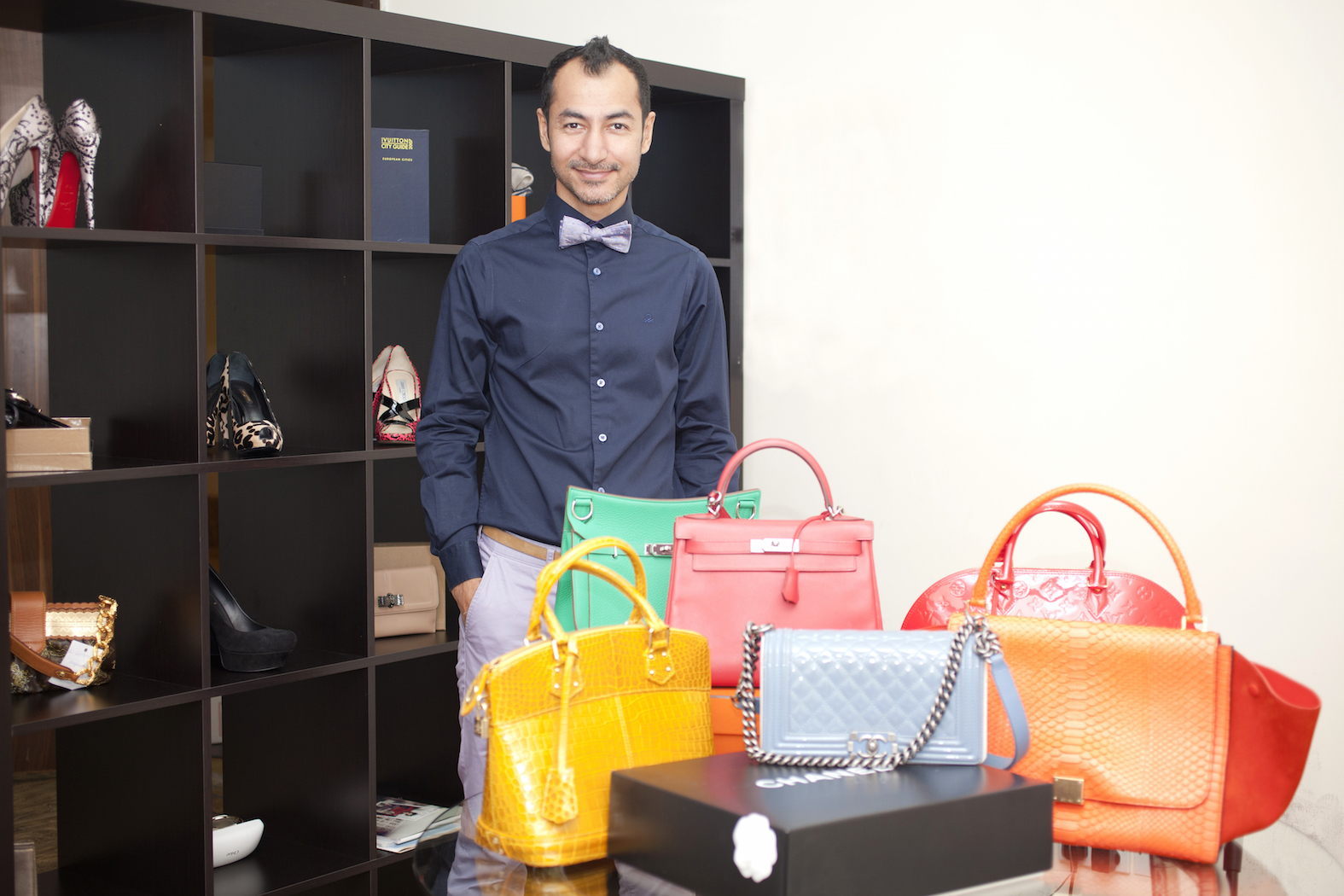The Luxury Closet Raises $7.8 Million Series B Financing Led by Wamda Capital and MEVP
Investment will help accelerate regional expansion and enhance user experience
Theluxurycloset.com, the fast growing online marketplace that buys, sells, and consigns personal luxury goods, mostly pre-owned and at a discounted price, announced today that it has closed a $7.8 million Series B round of funding.
The financing was led by Wamda Capital, a venture capital firm investing in technology-enabled companies in the MENA region, and Middle East Venture Partners (MEVP), a Tech focused Venture Capital firm that has seeded and reinvested in The Luxury Closet since 2012. Equitrust, Saned Partners, Arzan Venture Capital and a few other regional investors are also joining this round.
With this new major capital, along with the collective guidance and expertise of its investors, The Luxury Closet plans to accelerate its strong growth and regional expansion, continue to build its team and set up operations in Saudi Arabia, make further investments in marketing and technology, continue its rapid pace of digital retail innovation, and enhance its user experience and engagement by developing an App.
“It is incredibly rewarding to have the backing of such visionary investors who have been catalysts for economic development in the Arab world, shaped the e-commerce ecosystem in the MENA region, and helped entrepreneurs capitalize on their ambition and ideas, creating multibillion dollar opportunities,” said Kunal Kapoor, the founder of The Luxury Closet.
“Our friends at Wamda Capital, MEVP and all the other investors are as committed as we are to the long-term growth and global scale goals of our company,” added Kapoor.
Wamda Capital invests in transformational businesses in a complete cycle of support, starting from seed to growth stage. The fund leverages its experience in launching and growing successful businesses in the MENA to provide its partner companies, such as The Luxury Closet, with post-investment strategic value and support.
“We have worked with various successful start-up companies, and we believe The Luxury Closet has promising potential with their clear vision, business model, a sharp focus on individualized customer experience and, most importantly, a strong team.
“This next generation of online luxury retail is ushered by a new sharing economy where individuals are able to monetize personal assets. We’re excited to be by their side to support their growth,” said Fares Ghandour, Partner, Wamda Capital.
Walid Hanna, Founder and Managing Partner of MEVP, said: “We are very confident in our decision to continue investing in The Luxury Closet. They were a bold, passionate, agile and very dynamic start-up from day one, and today, four years later, they have become the region’s premier online market place for pre-owned luxury.”
MEVP has pioneered venture capital investments across the Middle East and has backed some of the region’s best web and mobile companies with the potential to become regional leaders in their own vertical markets.
Online luxury retail is carving out a new identity, heavily driven by digitally-connected millennials who aspire to own high-end brands, and the technology-driven ability to exchange goods in a growing sharing economy.
The Luxury Closet meets this market opportunity, by offering digitally savvy customers a convenient, safe and customized online market to sell and buy authentic, pre-owned personal luxury products at a large scale.
Since its launch in 2011, the start-up has acquired over 300,000 members, and nearly half million of monthly visitors from around 60 countries.
The luxury industry has found a new thriving market in the Middle East. There’s a huge appetite for luxury, proven by a per capita spending on luxury goods estimated at approximately $1,900 per year (Bain&Co, Annual Global Luxury study, 2015) and the region is expected to witness strong e-retail growth by 2020, as consumers increasingly opt for faceless transactions (Euromonitor International, 2015).




























